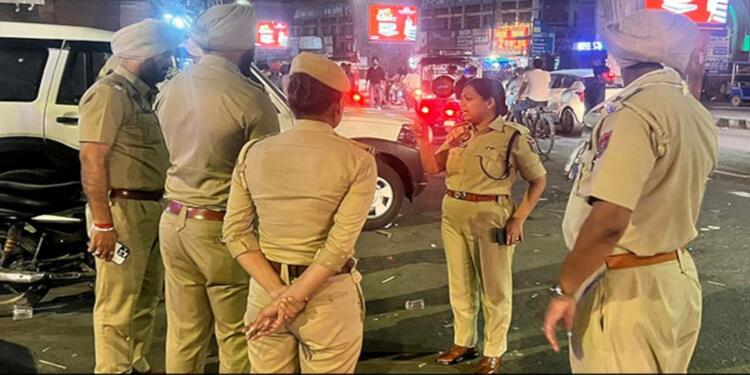The worst drawback of a democratic form of government is, that it gives rise to such demagogue leaders who make decisions by common popular prejudices and desires rather than by using rational argument. If we analyse the politics of Arvind Kejriwal, he seems to be the exact demagogue politician who uses the public prejudices for political gain and does not think twice about its long-term negative impact. May it be his policies of freebies or his fraud posterior of Aam Aadmi, all of these are driven by demagogy behaviour. These policies or decisions will not only cost the sustainable functioning of democracy but will affect the public at large and the withdrawal of Sidhu Moose Wala’s security is proved to be one such decision.
Restoration of security after a serious incident
It is reported that the AAP government in Punjab has decided to revoke the earlier order of security withdrawal of VIPs and will restore the security of 423 VIPs on 7 June. The decision came after the Punjab and Haryana High Court instructed the government to restore the security of all 423 VIPs whose security was either withdrawn or scaled down.
It is pertinent to note that, the popular Punjabi singer Sidhu Moose Wala was killed after his security was withdrawn/scaled-down.
Further, the AAP ruled government in Punjab retracing from their earlier stance that the security was withdrawn to bring down the VIP culture in the state, informed the court that security was rescinded as the security personnel were needed for operation Bluestar’s anniversary.
Exposing the lies of Kejriwal and Bhagwant Mann, BJP leader Manjinder Singh Sirsa said “Kejriwal-Mann duo bite the dust; again. They refuted back in High Court their claim of reducing VIP culture in Punjab by saying that it was a temporary withdrawal @AAPPunjab cheap stunt cost Punjabis a precious life. Punjab’s youth would never forgive them for their hypocrisy”.
Kejriwal-Mann duo bite the dust; again. They refuted back in High Court on their claim of reducing VIP culture in Punjab by saying that it was a temporary withdrawal@AAPPunjab cheap stunt cost Punjabis a precious life. Punjab’s youth would never forgive them for their hypocrisy pic.twitter.com/zMP0PXLKce
— Manjinder Singh Sirsa (मोदी का परिवार) (@mssirsa) June 2, 2022
Inquiry of Demagogy Decision
Further hearing the petition filed by former deputy CM of Punjab Om Prakash Soni, the Punjab & Haryana High Court has questioned the public disclosure of secret order of security withdrawal. The Court in its order dated 1 June 2022 asking reply from the state government said “relevant information as to whether the order has become public on account of any RTI information or leakage or in collusion of someone having access to the order in question be also brought on record by the adjourned date”.
The Court has also questioned the State Government’s merit of the security withdrawal order and has asked to bring material where the assessment of security withdrawal was taken. Ordering the same, the court stated that
“learned State counsel is directed to bring relevant material in a sealed cover for the perusal of the Court to see whether withdrawal/down-gradation/de-categorization of security of beneficiaries has been done based on some objective data”.
Read More: 5 controversies of Moose Wala: Death doesn’t absolve anyone of their sins
Security enhancement, withdrawal, down-gradation, or de-categorization are all state’s sensitive decisions, all policies related to this are taken based on objective threat potential assessment.
The public disclosure of such a top-secret decision and chest-thumping after AAP to claim that they are ending the VIP culture is a live example of a demagogue party. Without any rational argument or acumen of governance, they threatened the life of 424 individuals. Now the Court must order the judicial inquiry of public disclosure and objectivity of order related to the security withdrawal. Further, every official and politician whosoever has released the official secret in the public domain must be booked under the breach of the Official Secrets Act, 1923.





















